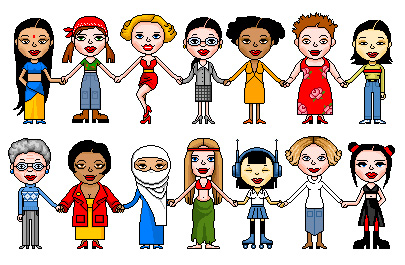Only two weeks ago I read with delight the talk from Eva Witesman of BYU: the one that progressive Mormons were heralding it as a golden message encouraging young women to gain an education and fulfill their potential. The talk resonated with me because, as a teen, I had been drawn to the church partially because of the Young Women Value Knowledge what I believed was a challenge to gain as much education as I could.
So, it was with excitement that I saw Witesman’s most recent attempt at sharing wisdom. This time it was an op-ed in the Deseret News. My excitement lasted one sentence. Then I got to the second sentence that implied that women who leave the church are following “a secular, godless, power-driven reality… better suited to our intellects, our ambitions, our self-respect.”
And the hits kept coming. Witesman dismisses the very real struggles women in this church face. She implies that they fall for “pretty lies” and “empty promises.” She claims they experience “a lonely, cold, confusing emptiness.” And she uses that gem “counterfeit” that has been used to describe non-traditional families.
Look. Lots of strong, intelligent, accomplished women stay in the LDS Church. And many of them do so happily, sharing Witesman’s confidence in their divinity and power. I respect that decision and the women who make it. It is unfortunate that Witesman doesn’t seem willing to give that kind of respect to women who leave. Women who leave the LDS Church do so for myriad reasons ranging from the destructive and continuing doctrine of polygamy, countless inaccuracies in what is presented as our history, a lack of transparency from general authorities and leaders, and cultural pressure to choose between professional and personal goals.
Leaving the church is not a result of, as Witesman claims, not knowing the difference between “what is real, and what is misunderstood.” For many women, leaving the church is the end result of a painful journey that includes fear of losing their friends, family, and community. And many do lose some or even all of those things. But they feel called to leave in order to fully become their true selves.
I’m sure what Witesman wrote reflects her own experience. The problem is that, in doing so, she dismisses the experiences of others, and she does so using hurtful and disrespectful language. For some reason, it seems, Witesman chose to diminish other women in order to defend herself. And that falls far short of several other Young Women Values I learned as a teen: Individual Worth, Good Works, and Integrity.







